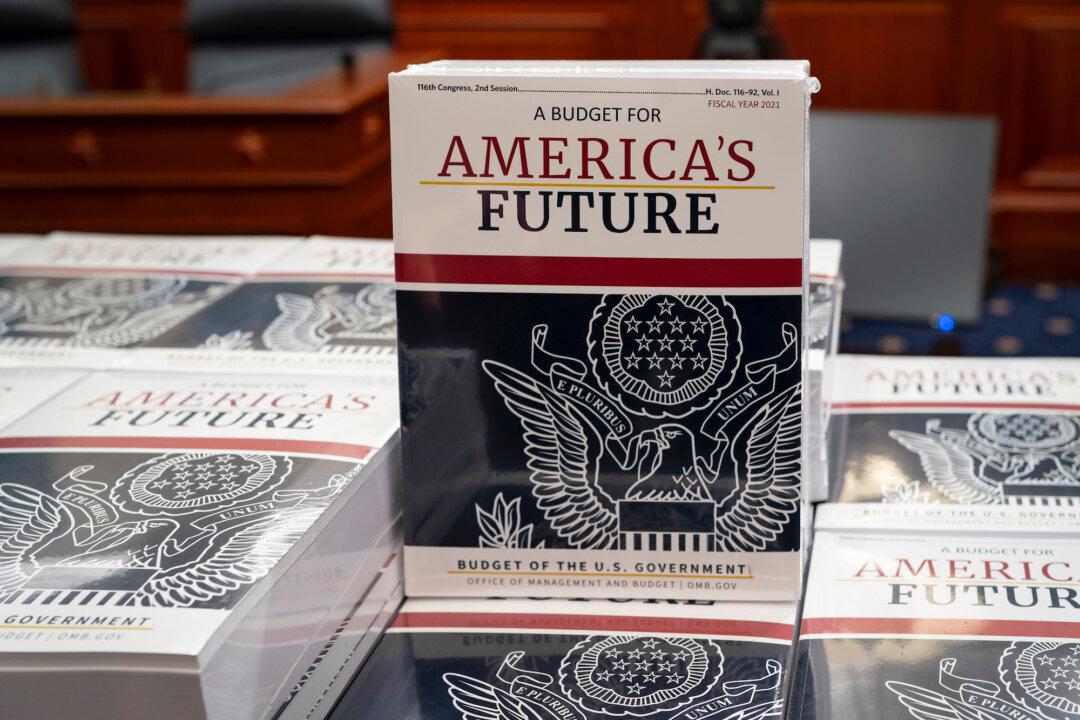The Trump administration, under its budget request for 2021, would collapse dozens of federal education grants into a single block grant, giving individual states more control over the way billions of dollars of K-12 education funding is spent.
Overall, President Donald Trump’s budget proposal would cut the U.S. Department of Education’s spending for the fiscal year 2021 by $5.6 billion to $66.6 billion, a 7.8 percent decrease from the previous year.





